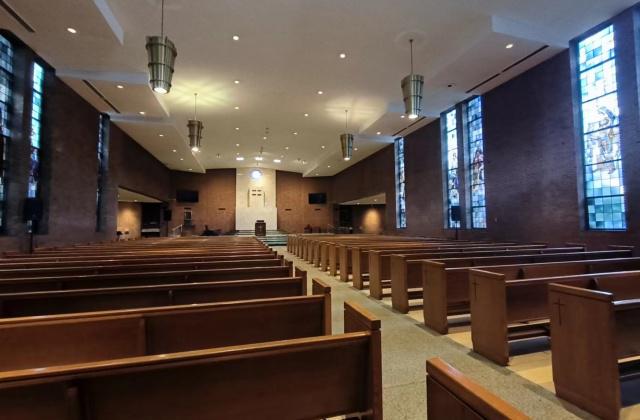While churches carry out diverse activities, many have found that preaching has become a challenging and painful point for the modern church. Reverend Ye, who has been serving full-time in a new church in an eastern Chinese city for many years, shared his insights on how to solve the issue of "difficult preaching."
Having been in miinstry for several decades, Ye said, "Indeed, many preachers have no understanding of the actual situation of their congregants and just talk nonsense on the stage."
Ye also mentioned that he knows some pastoral workers and congregants give feedback on the sermons to some preachers who don't listen. "If a preacher consistently delivers sermons without anointing or power, it's okay to reassign them; they don't have to remain in the preaching role."
In his view, a significant reason for poor preaching is poor church management. Therefore, the church must have governance and supervision mechanisms to avoid patriarchal management. Pastor Ye said, "If the church truly lacks any mechanism, pastors should find a few people who can have honest conversations with them and their sermons, especially your spouse, who is usually the most truthful person with you."
"I also suggest sharing your sermon briefly with those around you before delivering it. 'Today, I'm going to talk about this topic, explain these scriptures in this way, and address these application points.' In terms of application, some church workers might give suggestions on how sermons can address the current issues and situations in their church."
Ye believed that preachers must have excellent observational skills. "What is the believers' reaction to your sermon? Does the pastor preach with the right focus? Does it reach their hearts?"
He shared how to prepare a sermon. The first step is the preacher's correct interpretation of the Bible. For Pastor Ye, this part should take about two-thirds of the entire sermon, and pastors need to convey the original meaning of the scripture without extending and processing it.
"Our pastors and preachers are often talking about their own views, experiences, and stories." Even if congregants listen to such sermons repeatedly, their faith won't be built up because of them. Therefore, Ye believed that the most crucial aspect of preaching is not technique or artistry but faithfulness to the Bible.
Additionally, Ye said pastors must treat preaching with great seriousness and gravity. Preaching nurtures the spirituality of many people and can be a matter of life and death for them.
He also stated, "A sermon should never be entirely expository. A sermon full of theological discourse will leave many congregants confused. There must be a balance between exegesis and practical application."
Many people believe that pastors must have passion when delivering sermons. He continued, "When you preach, you should be convinced that 'this sermon is essential for you to hear!' As a pastor, you must have this awareness that if Christians don't hear this, it will be a significant loss for them."
He noted that many pulpits in China are filled with moralistic teachings or legalistic sermons and focus on human behavior rather than emphasize the gospel, God's love, and grace through Christ. Pastor Ye argues this must be thoroughly discarded.
"Under this kind of erroneous teaching, many believers think they are saved by God's love and Christ's cross, but psychological state, religious performance, and pious living can maintain their salvation. Many Christians try to act well to save themselves, which is entirely wrong."
- Translated by Abigail Wu












